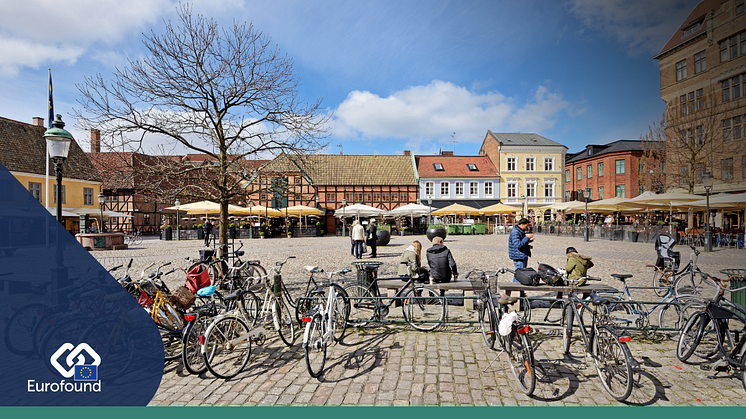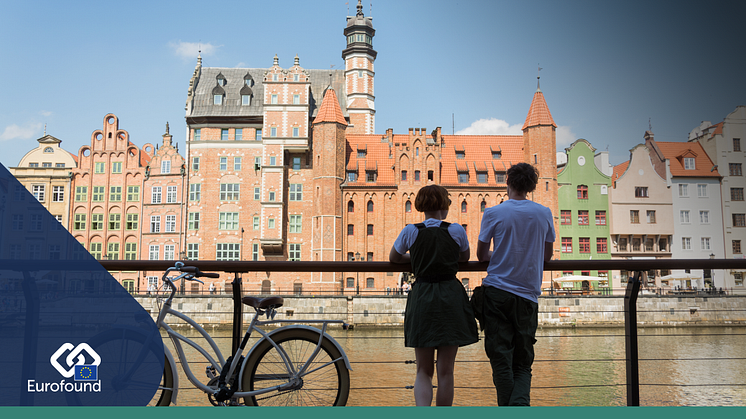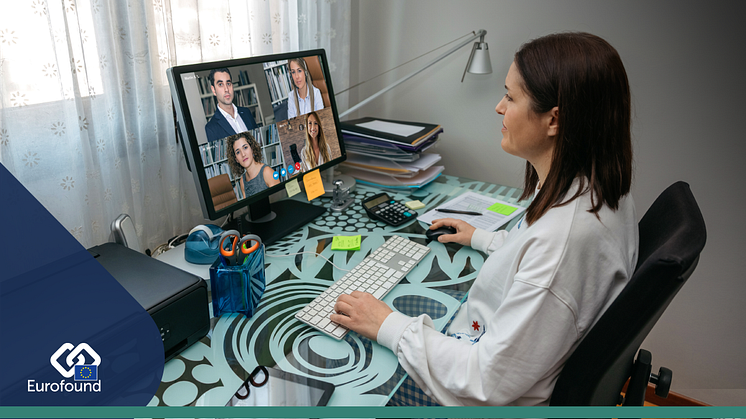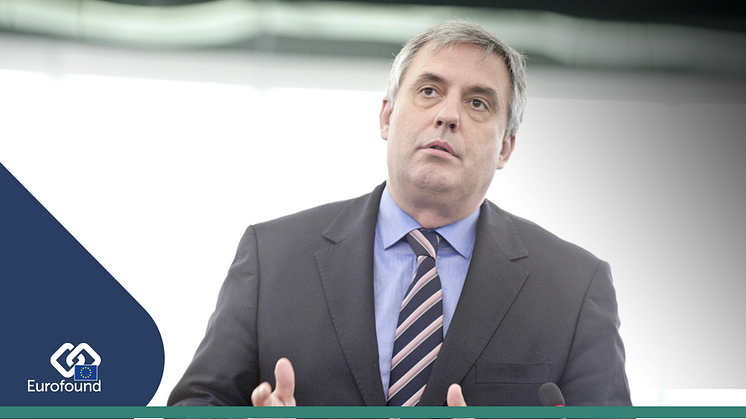COVID-19: Could businesses have done better?
Are there any lessons to be learnt about the factors that helped some organisations to navigate through the crisis more smoothly than others?

Are there any lessons to be learnt about the factors that helped some organisations to navigate through the crisis more smoothly than others?

With its proposed directive on gender pay transparency, the European Commission has significantly bolstered the set of tools for delivering its objectives compared to those presented in its 2014 Recommendation. The proposed portfolio of measures addresses many shortcomings of the instruments that national authorities currently employ.

The economic uncertainty created by the COVID-19 pandemic slowed, but did not stop, overall minimum wage growth in the EU in 2021. Minimum wages were raised cautiously in most Member States, with the median country recording an increase of 3%. Only a few Member States froze their minimum wage rates, marking a very different approach to that taken in the aftermath of the 2008 financial crisis.

The trust of people in Portugal in the European Union is the highest across all Member States, according to Eurofound’s large-scale Living, working and COVID-19 survey. With 5.9, it is significantly higher than the EU average at 4.6. Trust in the EU in Portugal has increased throughout the COVID-19 pandemic from 5.2 in April 2020 to 5.4 during the summer of last year to 5.9 in spring 2021.

Decision-makers approached minimum wage setting for 2021 cautiously due to the economic uncertainty caused by the pandemic. Despite this, nominal statutory minimum wages rose in most Member States and the UK, although at lower rates than in recent years.

Throughout the COVID-19 pandemic, trust of people in Sweden in their national government has declined from 6.4 to 5.1. Respondents rated their trust levels at the onset of the pandemic (data collection April 2020) at 6.4 on average, which decreased to 5.5 during the summer months of last year and then to 5.1 in February and March of this year.

Trust in the national government in Denmark ranked highest among EU countries at 7 out of 10, according to Eurofound’s large-scale Living, working and COVID-19 online survey. This marked an increase of 0.5 points compared to the summer of last year. This pattern goes against the trend observed in all other EU Member States, where the average trust rating fell to just 3.9 from 4.6.

Pessimism about one’s future financial situation has decreased in Italy compared to summer 2020, according to Eurofound’s large-scale Living, working and COVID-19 online survey. In February 2021, over one fifth (22.5%) of people in Italy expected a worsening of their situation compared to 27.6% in June/July of last year.

Just 12% of people surveyed in the third round of Eurofound’s Living, working and COVID-19 online survey believed the support measures rolled out to help deal with the implications of the pandemic were fair, with the same proportion believing that the measures reached those who needed them.

Now that the pandemic is receding and wholesale telework seems to be here to stay, governments are faced with the need to properly regulate such arrangements. Member States are following different paths, but the EU might step in to promote some level of standardisation.

Ivailo Kalfin begins his mandate as Executive Director of Eurofound today, having been approved by the Eurofound Management Board on 5 March and presenting his priorities for the position to the European Parliament's Employment and Social Affairs Committee on 13 April.

Eurofound Research Managers Tina Weber and Oscar Vargas will explore developments in teleworking in Europe and present latest data at a LIVE #AskTheExpert webinar on Thursday 3 June 2021 at 10:00 – 11:00 IST/11:00 – 12:00 CEST.
